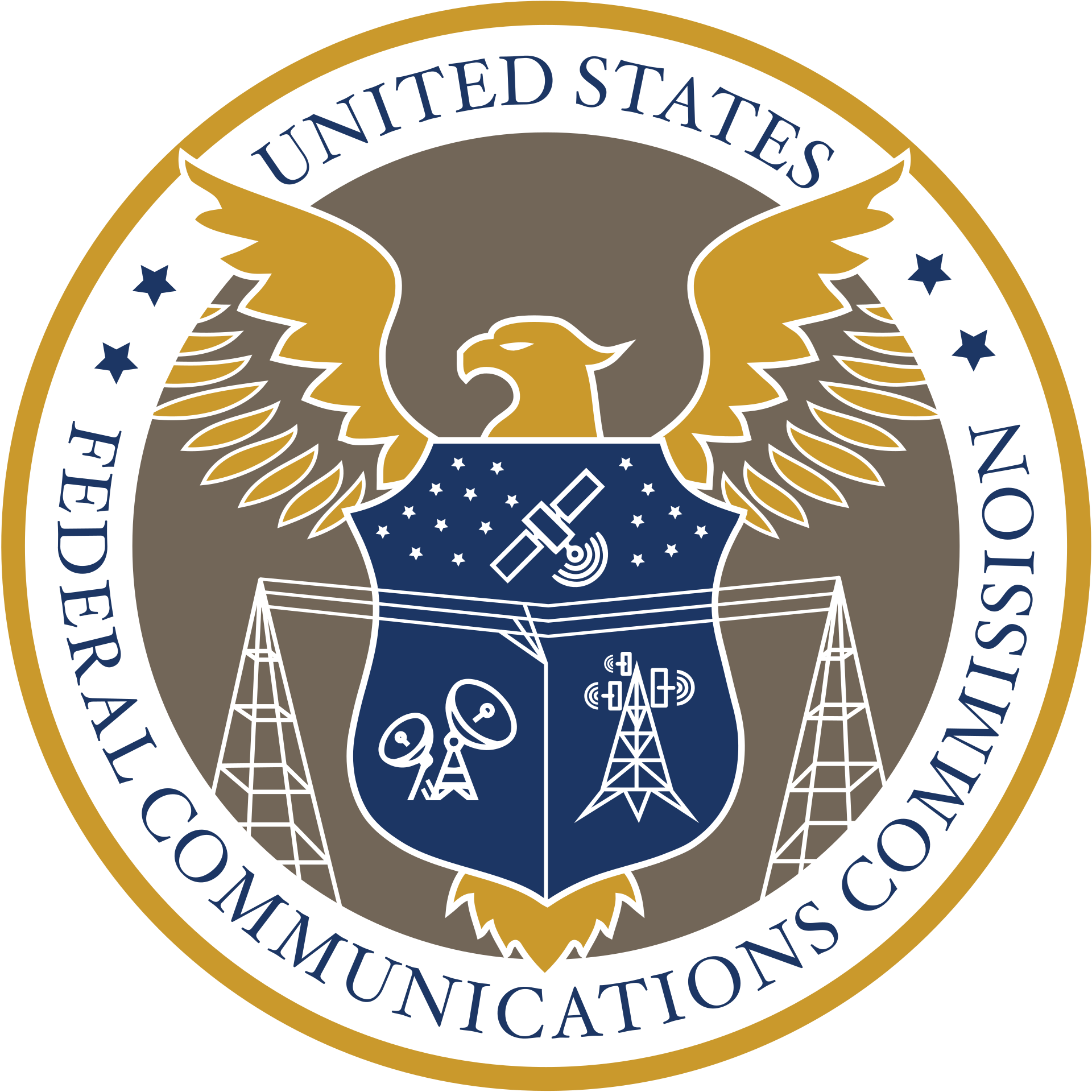Have a story idea
Have a story idea? Send it to us here.

Source : Federal Communications Commission, Jessica Rosenworcel, William Tong, Alex Quilici
September 16, 2022
Author : Alex Bustillos
The US Federal Communications Commission (FCC) has recently begun to prioritize combating illegal robocalls. Last week, the FCC established laws targeting offshore phone scammers, but robocalls are far from gone.
It targets international robocall scams entering American networks through gateway providers. Foreign scammers utilize these smaller, low-profile gateway providers to conceal calls entering the US. New FCC standards will ensure gateway providers authenticate calls before passing them to state operators.
FCC Chair Jessica Rosenworcel expressed her concern over robocalls, "What is worse is when we crack down on these junk calls, the scam artists behind them find new ways to reach us. Increasingly, that means robocalls are coming in from overseas. In fact, one study suggests that last year as much as two-thirds of this stuff may now come from abroad."
According to the National Consumer Law Centre and Electronic Privacy Information Centre, over 33 million fraudulent robocalls are made to Americans daily. Social Security Administration fraud against the elderly is among the myriad scams that target citizens.
According to Connecticut Attorney General William Tong, 50 states have joined an anti-robocall litigation task force to investigate the telecommunications companies primarily responsible for introducing foreign robocalls into the United States.
The main purpose of this nationwide, bipartisan Task Force is to minimize illegal robocalls since the Executive Committee managing this task force is comprised of 16 states, including Connecticut.
The Task Force's primary objective is to shut down the businesses that profit from this illegal scam; it will not take any other measures to lessen the number of scam calls.
Attorney General Tong offers the following tips for preventing fraudsters and telemarketers:
First, be wary of calls that specifically suggest that you pay with a gift card, wire transfer, or cryptocurrency.
The second recommendation is to be aware of pre-recorded phone calls from fraudulent government agencies. The Social Security Administration rarely calls individuals. If you suspect fraud, do not provide personal information and end the call immediately; support Connecticut's investigations by registering a report against robocalls.
Moreover, according to the Attorney General, to avoid getting spam messages, clients should report fraudulent texts to their wireless service providers and avoid responding to texts that appear suspicious or are received from an unknown number.
Additionally, he recommended against disclosing critical personal or financial information and against clicking on links in suspicious texts.
Likewise, he recommended calling a company that sends a text message to authenticate the connection using a valid number, emphasizing that con artists may use their bogus numbers to appear in search engines. It was suggested to verify the phone number using a method other than a search engine.
Alex Quilici, CEO of YouMail, reports a reduction in robocalls since 2019. In 2021, there were 50.5 billion Robocalls, 14% less than in 2019. In an interview, he stated the FCC's heightened enforcement reduced the number of robocalls. Tracing has helped to uncover scammers, close unlawful offices, and penalize them.
Category : Federal Government Market Watch
